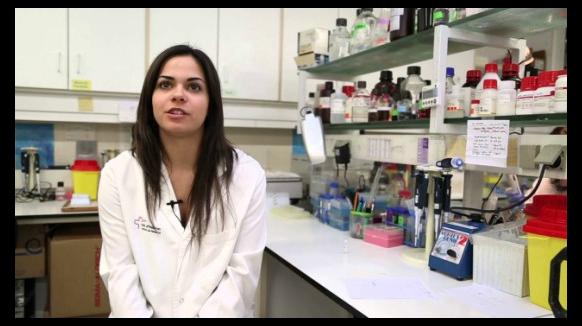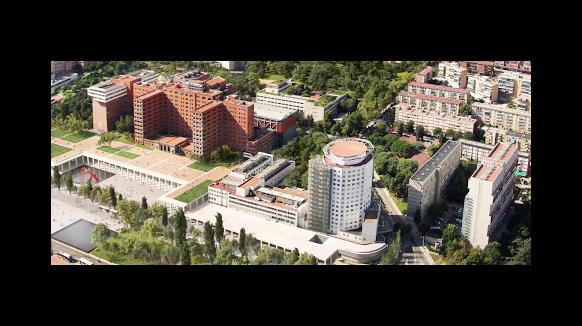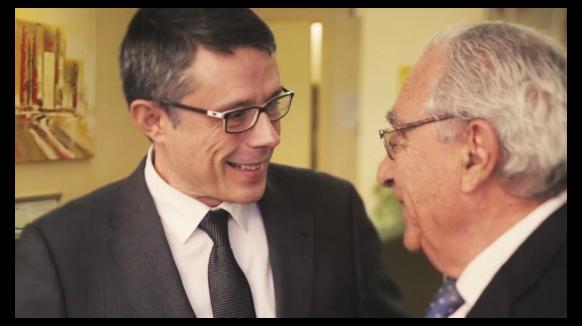Vall d'Hebron is part of the international consortium COVID Human Genetic Effort that studies monogenic defects in patients with COVID-19 that may justify the worse evolution of patients younger than 50 years without comorbidities. It is one of the only two centers in Catalonia that participates and together with the Bellvitge Biomedical Research Institute (IDIBELL) will form a Hub in Barcelona dedicated to this line of research. On behalf of Vall d'Hebron will participate the Infection in Immunocompromised Pediatric Patients research group, led by Dr. Pere Soler; the Diagnostic Immunology group led by Dr. Ricard Pujol;the Clinical and Molecular Genetics department led by Dr. Eduardo Tizzano; the Biobank of the Vall d'Hebron Hospital with Dr. Isabel Novoa in charge; and the Adult and Pediatric Intensive Care Units, which are chaired by doctors Ricard Ferrer and Joan Balcells, respectively.
The consortium hypothesizes that monogenic defects could explain why COVID-19 develops in a severe and life-threatening way in healthy people under the age of 50. The objective is to decipher in depth the molecular, cellular and immunological mechanisms that cause predisposition to the severe form of COVID-19 or resistance to infection.
On the one hand, we want to check whether previously healthy patients who have developed a severe form of COVID-19 have monogenic congenital immunity errors; and, on the other, to see if these monogenic variations, both rare and common, carry some immunity to SARS-CoV-2 infection despite repeated exposure to the virus.
For this international research, young patients, children and adults under the age of 50 will be recruited, without any previous pathology and who suffer severe COVID-19 confirmed by PCR, acute respiratory distress syndrome (ARDS) and/or encephalitis with clinical diagnosis and have been admitted to the ICU. Family members as well as asymptomatic patients will also be recruited.
Through the complete sequencing of the exome and genome of both patients with severe COVID-19 and controls (asymptomatic patients), they will try to identify possible genetic variants causing the disease. Biochemical and immunological studies will also be carried out to characterize these possible genetic variants.
This information will be very valuable for the development of new preventive and diagnostic strategies in the future.



